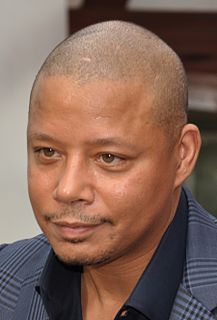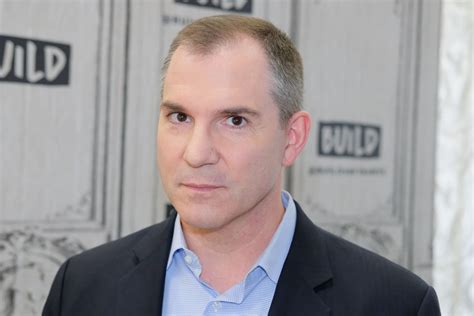A Quote by Dee Rees
I think 'Mudbound' reveals the interconnectiveness of our stories. You can't separate out threads of history and race as economic construct. 'Mudbound' makes it very plain. Race is about commerce; it's not an actual thing. It's a fiction that was created to basically divide resources unequally.
Related Quotes
No man will treat with indifference the principle of race. It is the key to history, and why history is often so confused is that it has been written by men who are ignorant of this principle and all the knowledge it involves. . . Language and religion do not make a race--there is only one thing which makes a race, and that is blood.
Back when we were Neanderthals or whatever, we evolved to think along tribal lines. Survival was based on this idea of who are we and who are the others who will come and take our resources. I think it's an animal and a human thing that we all see in terms of us vs. them, and race is a very easy way to separate who is us and who is them.
I think it is difficult to achieve a meaningful political coalition if you have race-based programs that divide members of the coalition. The problem I have, however, is that white people assume an either/or position: Either we have race-based programs or we don't. What I see is comprehensive social reform that includes race-based and race-neutral programs.
I think it's important to humanize history; fiction can help us remember. A lot of books I've read in the past have been so much more important than textbooks - there is an emotional connection with one particular person. I'm very much of a research-is-important type of fiction writer, even for contemporary fiction. I wrote about blogs in America and I've never blogged. But I read many, many blogs - usually about feminist things, or about race, or about hair.
We still write too many stories that are "state of the race" stories that are informed almost solely by what the polling shows and by what we're then deducing about who's up, who's down, and I'm just not sure that's very helpful to readers, it certainly doesn't elevate the debate and, and the problem is if you, if you cover these things, and I don't think the Times is particularly culpable, I think other news organizations are worse, if you cover them in an entirely "who's up, who's down" horse race way.




































